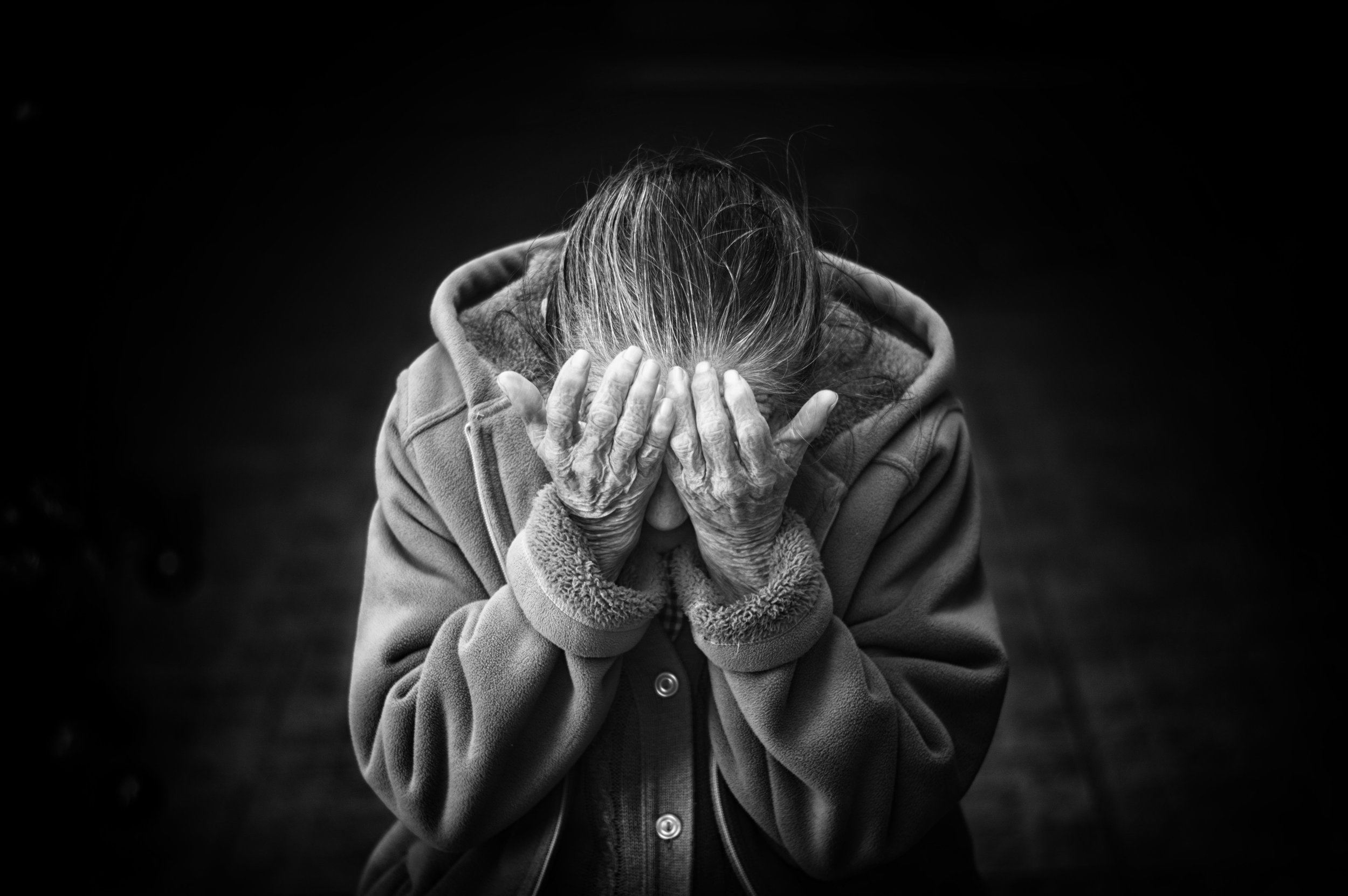“Everyone has a teacher called suffering.” – Eckhart Tolle
What does that mean—suffering is a teacher? Basically Eckhart Tolle, author of The Power of Now, tells us that suffering is something we all go through, and that suffering is teaching us how to be more conscious people by showing us where we are unconscious. It also prods us to do what it takes to let go of suffering and become self-actualized. Without suffering we would likely never look into personal growth, psychology, meditation, spiritual life, or any other kind of “inner work." As a psychotherapist I have never had anyone come to me and say, “I’m feeling really great about my life. I just wanted to share the good news and grow even more!” They have all said, in one way or another, “I’m here because I’m suffering.”
First of all, let’s distinguish between pain and suffering. Pain is unavoidable in life. If a knife cuts you, a loved one dies, a woman goes through childbirth—these situations will create unavoidable physical, and even emotional pain. Suffering is different, it is optional. It's what happens when we resist or complain about the pain of life. It is unconsciously chosen and layered on top of the natural pain of life.
I once witnessed a woman cut herself deeply by hurrying to prepare a dinner for a large group. She looked at the cut and said, “What a stupid thing to do.” She then dressed the wound and went to the hospital, all the while telling herself how “stupid” she was. The pain that woman experienced from the cut was unavoidable. The suffering from shaming herself was optional.
I was friends with a man who experienced the illness and death of his wife of over forty years. The resulting grief was devastating. This man attempted to withhold his tears, he sank into alcoholism, and even contemplated suicide. The pain and grief of losing his wife was unavoidable. The repression of the tears, the numbing of himself with alcohol, and the thoughts of suicide were all optional forms of suffering. Instead of going into unconscious suffering, the man could have let himself grieve, sought help to talk about his loss, learned to have compassion for his experience, and let the pain pass through.
The psychological work, as Eckhart Tolle describes it, is to stop adding optional suffering to the natural pain we encounter in life—to accept pain without resistance. We can learn to allow pain, have compassion for ourselves, and evolve our consciousness when life challenges us. In turn we eventually liberate ourselves from the never-ending cycle of needless suffering.
Some forms of suffering are teaching us obvious lessons about self-care. You over eat and suffer lethargy or ill health. You abuse alcohol and become alcoholic. You say you want a new career but never take action. These forms of suffering need changes around things like diet, a twelve-step program, or maybe a support person to be accountable to around goals in our life. See the previous post (Who Let The Dogs Out) for more on this.
Other forms of suffering are more insidious, subtle, and pervasive. Our minds can be very sophisticated in the ways they create undue suffering. Holding onto past hurts, worrying about the future, raging at the way others drive, criticizing others from a grandiose place within ourselves, comparing ourselves and coming up short (i.e. compare and despair)—the suffering of the mind is a multifaceted diamond! As they say in recovery circles, “My mind can be a dangerous place to live.”
The subtlest form of suffering often goes unnoticed. Michael Singer, author of The Untethered Soul, states, “In case you haven’t noticed, you have a mental dialogue going on inside your head that never stops...If you spend some time observing this mental voice, the first thing you will notice is that it never shuts up. When left to its own, it just talks…Its actually a shocking realization when you first notice that your mind is constantly talking. You might even try to yell at it in a feeble attempt to shut it up.”
Now, if we consider being inside a room with another person who is constantly talking (and most of the time complaining) its not hard to understand that we would quickly feel like we’re suffering and want to get away from that person. The problem, as both Tolle and Singer note, is that the person who won’t shut up is inside our own head—and that we think that voice is who we are—when it is actually a kind of conditioned “false self” or inner critic we carry around. This form of suffering is subtle, and for most people, continual. Yikes! What to do? How can we heal this form of suffering?
Tolle and Singer recommend mindfulness to wake us up from this subtle, ongoing suffering induced by the inner, nagging voice (see the previous posts on “Mindfulness and the Two Wolves” and “Mindfulness 101”). We can also use Self-Compassion (see previous post, “Have Compassion For Yourself”). With these tools we can break the identification with the inner voice and realize that our actual identity is rooted it the witnessing presence, the compassionate observer—not the internal, never ending critic. It is important to note that everyone has this kind of mental suffering until they learn to be accepting, compassionate, and aware in any given moment. When we learn the lessons of suffering it will leave us (Bye Bye!). Without undue suffering we can enjoy life more fully from a place of appreciation, love, and fulfillment. When we do this our consciousness evolves, our hearts awaken, and our minds calm down. Suffering has finished its job as our teacher.
Below Eckhart Tolle speaks on suffering as a teacher. Note: the link below will bring you to YouTube to watch it. Check it out:
